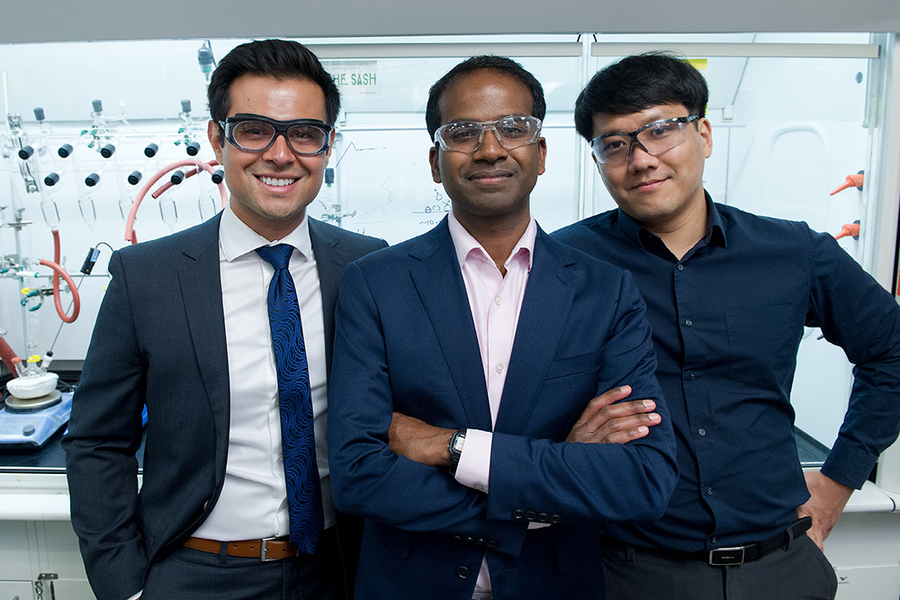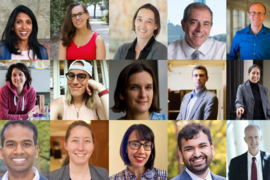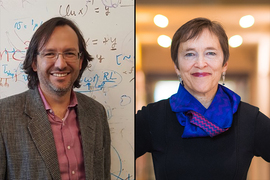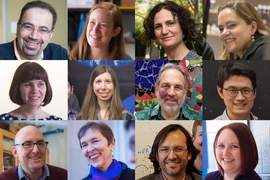Although his professional expertise lies in developing chemical catalysts, MIT Visiting Professor Karthish Manthiram also makes sure to catalyze positive relationships with his graduate students.
Manthiram is concluding his appointment as an assistant professor of chemical engineering at MIT. He is the principal investigator for the Manthiram Lab, which focuses on developing and producing key catalysts that are essential in chemical production. Crucially, Manthiram’s lab focuses on using clean, renewable energy to produce these catalysts, in an effort to reduce the carbon footprint associated with the production of important chemicals.
Manthiram is in the process of moving his laboratory to a new home at Caltech in Pasadena, California. Although the MIT community will miss his mentorship and kind ways, the Caltech community will be gaining a talented scientist and a compassionate mentor.
Encouraging dialogue
According to his graduate students, Manthiram has actively worked to foster an open and communicative group environment, where group members can discuss a variety of topics without fear of retribution or judgement.
In order to support and accelerate increasingly common and important discussions about the academic experience, Manthiram “intentionally creates spaces … for open dialogue about mental health, diversity and inclusion, [and] transparency and reproducibility in scientific research.” Because of Manthiram’s clear dedication to these issues and to encouraging dialogue about them, his students feel comfortable voicing their own opinions openly.
Crucially, he also takes his students’ feedback to heart in an effort to create the best learning environment possible. One of his nominators noted that “he is constantly seeking our feedback about anything he or the group can improve, and actually takes action on the feedback we provide.” Not only is Manthiram a supportive and kind mentor, but he actively works to tailor his mentorship style to better suit his students.
Managing work-life balance
The trials and tribulations of an MIT graduate student can be quite grueling, and unfortunately can often spill over into a student’s personal life. However, Manthiram makes it clear to his students that he wants them to strive for an appropriate level of work-life balance, and that he cares about them even after they leave the lab for the day.
Manthiram makes his commitment to balanced living very clear in a laboratory compact that he has published on his lab’s website. In it, he emphasizes the lab’s goal of pushing the boundaries of electrified chemical synthesis, while also recognizing that he and the lab’s other members should “value growth in all aspects of our lives,” because while “research and science are an important facet of what we do … we recognize the importance of living our daily lives outside of the lab fully.”
Manthiram takes the goals outlined by the laboratory compact to heart; as one nominator put it, “he has always empathized and made me feel as not just a grad student, but somebody he truly cares about,” while another wrote that Manthiram always encourages self-reflection among his students so that they can pursue a more balanced life.
Manthiram’s students are incredibly grateful that their advisor truly cares about their overall happiness and success outside of academia. One nominator summarized: “What Karthish has done for me, that nobody has ever done before, is try to guide me to living a better life, not simply a more productive one.”









